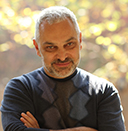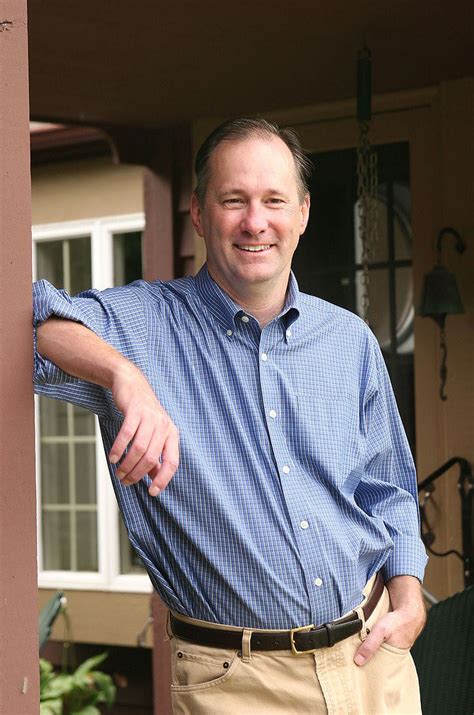A Quote by Howard Barker
Tragedy is the greatest art form of all. It gives us the courage to continue with our life by exposing us to the pain of life. It is unsentimental, it takes us seriously as human beings, it is not condescending. Paradoxically, by seeing pain we are made greater, it becomes a need.
Related Quotes
It is our own pain, and our own desire to be free of it, that alerts us to the suffering of the world. It is our personal discovery that pain can be acknowledged, even held lovingly, that enables us to look at the pain around us unflinchingly and feel compassion being born in us. We need to start with ourselves.
Studies of people who report high well-being in their fifties and sixties indicate that they have lived lives that involved personal risks. They are not people whose lives have been calm and predictable. A life under tight control sometimes produces quiet desperation. High well-being is a life that has depth and quality. Risks, losses, problems, and tragedy add pain to a life. That pain becomes a teacher. We learn; the pain gives us no choice.
In contrast, compassion manifests in us as the offering of kindness rather than withdrawal. Because compassion is a state of mind that is itself open, abundant and inclusive, it allows us to meet pain more directly. With direct seeing, we know that we are not alone in our suffering and that no one need feel alone when in pain. Seeing our oneness is the beginning of compassion, and it allows us to reach beyond aversion and separation.
I have felt the pain that arises from a recognition of beauty, pain we hold when we remember what we are connected to and the delicacy of our relations. It is this tenderness born out of a connection to place that fuels my writing. Writing becomes an act of compassion toward life, the life we so often refuse to see because if we look too closely or feel too deeply, there may be no end to our suffering. But words empower us, move us beyond our suffering, and set us free. This is the sorcery of literature. We are healed by our stories.
It is only great pain--that slow, sustained pain that takes its time, in which we are, as it were, burned with smoldering green firewood--that forces us philosophers to sink to our ultimate profundity and to do away with all the trust, everything good-natured, veil-imposing, mild and middling, on which we may have previously based our humanity. I doubt that such a pain makes us 'better'--but I know that it makes us deeper.
Facing the darkness, admitting the pain, allowing the pain to be pain, is never easy. This is why courage - big-heartedness - is the most essential virtue on the spiritual journey. But if we fail to let pain be pain - and our entire patriarchal culture refuses to let this happen - then pain will haunt us in nightmarish ways. We will become pain's victims instead of the healers we might become.
The institutions of human society treat us as parts of a machine. They assign us ranks and place considerable pressure upon us to fulfill defined roles. We need something to help us restore our lost and distorted humanity. Each of us has feelings that have been suppressed and have built up inside. There is a voiceless cry resting in the depths of our souls, waiting for expression. Art gives the soul's feelings voice and form.
Raw pain alarms. us. It reminds us that life isn't as orderly as we'd hoped. We demand that pain settle down before we shuffle it off to the quiet table. We want pain to stay in its own little section, want to keep it from spilling over into the other parts of life. Just like . lunch trays. Keep pain in its own little compartment.






































